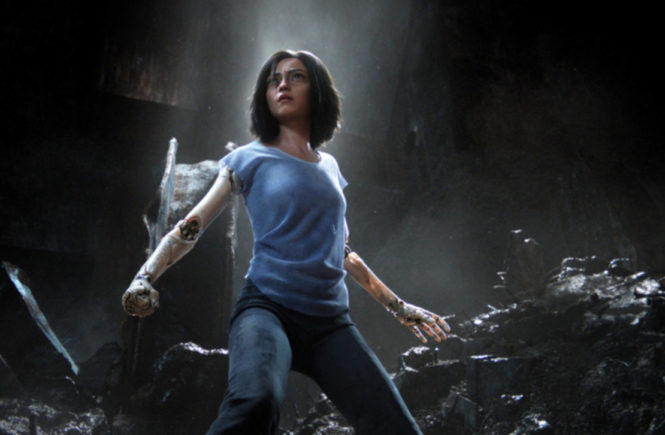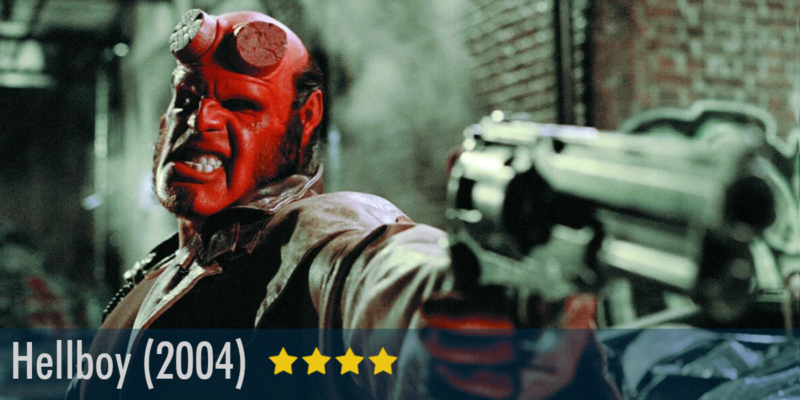Jersey is the kind of inspiring film that everyone needs to watch now and then. There aren’t any crazy action sequences or over-the-top villains, rather this is a film where the biggest enemy is yourself, and watching someone struggle through their hardships, and eventually succeed gives you the hope that you can too. Though the film stumbles in places, it is rare to find a film in the Telugu industry this well-acted, well-directed, well-written and well-scored.
Like Ram Charan last year with “Rangasthalam”, Nani here finally breaks out into a league of his own too. He proves himself as one of the best actors working today, giving the best performance of his career so far. Watching him transition from the confident cricketer Arjun to the unemployed father is amazingly nuanced.
Its also amazing how much you can feel the weight of Arjun’s sadness in the film. Not only is that a result of Nani’s acting but it is also augmented by the cinematography and production design of the film. During the cricketing scenes the colors are vibrant and the clothes are sparkling clean, whereas the present scenes are de-saturated with clothes that seem to be worn-in. Its these kinds of attention to detail that really push this film above and beyond.
You can tell that director and writer Gowtham Tinnanuri really spent a lot of time developing the visual pallet of this film as well, which is something that many other directors working in the Telugu industry don’t particularly do. Not only that but a lot of care has gone into the development of the characters. The chemistry that is struck between the family in the film is the best part. Their tragedies hit hard and their successes are joyous. You know these characters are well written when them just moving around on the screen can elicit tension.
And the music by Anirudh Ravichandar, who is killing it in everything he is involved with, once again produces an amazing soundtrack that flows with the film on screen. The track “adhento gaani unnapatuga” is used beautifully in the film, inter-cut with moments of Nani’s relationship with his wife, played on par with Nani by Shraddha Srinath.
But there were a couple of things that bothered me in the film. For one, the opening scene in a New York City bookstore is laughably bad. No-one in New York talks or acts like the way those people did, but thankfully it doesn’t last very long. And once again we have an ending scene where characters are speaking the message of the film from a podium, which is completely unnecessary given how visually poetic this film is. However, my biggest issue with the film was the twist that is revealed in the end. Though the twist is built up to, it really downplays the flaws in Nani’s character and makes him seem more like an unreachable hero than someone we can relate to.
This is something that the film really struggles with, Nani’s character is unbelievably good in cricket, almost like a God. We rarely see him get out or falter despite him being out of practice for 3 years and being much much older than the other players. I understand that age isn’t a factor and that he is very talented but every great player falls or gets out at some point without it affecting their status, but we rarely see Nani even making a mistake; which was a little unbelievable to me. However, his biggest flaw of quitting cricket and giving up on his dream, which is something that we can all relate to, is shattered by the ending twist which explains that if he hadn’t quit he would’ve died and left his wife and child orphaned. So instead of the film hitting the point home about how we can overcome our faults and mistakes, it instead goes into saying that Nani’s character never truly had any flaws and never really made a mistake that wasn’t justified. He is undoubtedly a hero but the film in the end forgets that he was a man too, and removes the relate-ability to the main character which had worked so well up until this point.
This is a film that doesn’t work so much on the cricket scenes either, which are well-filmed but aren’t exactly nail-biting sequences. Rather, the film is best when it is focused on Nani trying to overcome himself and trying to be the best person he can be for his son and wife. You feel with him and you can understand him, it’s this realism and relate-ability that really reaches to you from beyond the screen. So it is a shame that the ending clearly makes Nani’s character out to be unflawed and unattainable. I think you can remove the entire ending scene of the film and it would still make sense, the message would be clear, and it would be a better film because of it.
Regardless though, Jersey is still an excellent film, and one that is definitely worth watching. This is also a film that signifies a changing era in the Telugu industry, where originality and better writing and direction are preferred over your standard mass movies. Though it has some of the same issues of hero worship that plagues many of the other films in the industry, there is a lot that it does which sets itself apart. Its a joy to finally watch a film that does so much right, so well.




